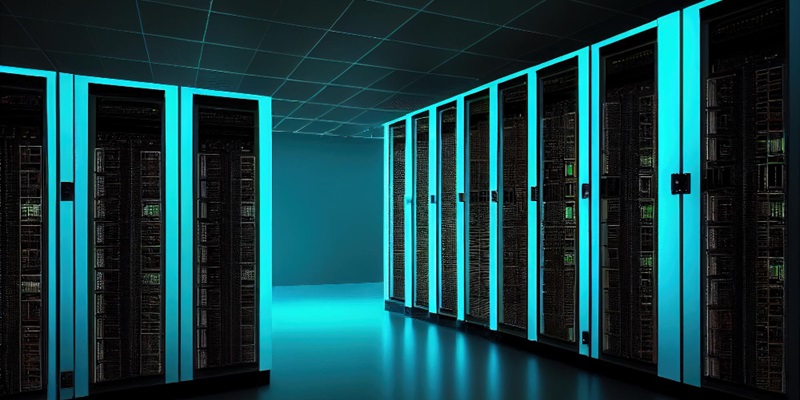Duke Energy’s latest initiative is a smart partnership with tech giants like Microsoft, focusing on using data center backup generators to support the grid during high-demand times. These centers, the backbone of our digital world, usually reserve generators for outages. But now they’re seen as potential grid supports, providing a new form of energy management flexibility.
Power utilities and data center operators are exploring mutually beneficial agreements where data centers are compensated for feeding their emergency power into the grid—a creative way to use what was once a dormant asset. This collaboration is a reaction to increased energy needs driven by the growth of data technology and is part of an effort to include large power users in maintaining grid balance. This strategic use of backup generators reflects a necessary adaptation to the changing energy demands of our technologically advancing world.
Balancing Power and Sustainability
Though backup generators provide vital grid support, their reliance on diesel raises environmental concerns amid urgent decarbonization needs. The energy sector is aware and is discussing updating technologies. One promising direction is eco-friendlier generators using biofuels, decreasing the environmental footprint. Duke Energy, a key player, is investing in renewable energy, such as solar projects and sustainable natural gas solutions, vital for future energy demands.
This approach by Duke Energy is pivotal, reflecting the need for innovative grid management that can cater to current energy needs while aiming for environmental sustainability. The implementation of data center generators for grid support is a prime example of a holistic strategy that addresses immediate electricity requirements without losing sight of long-term ecological goals.

